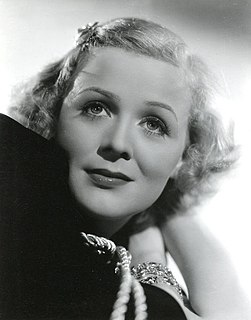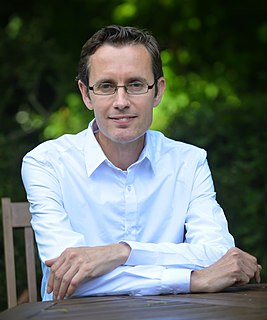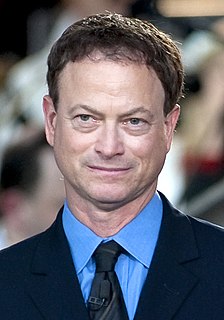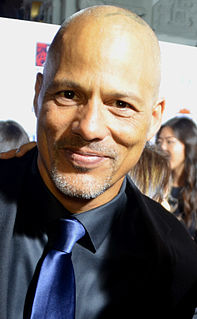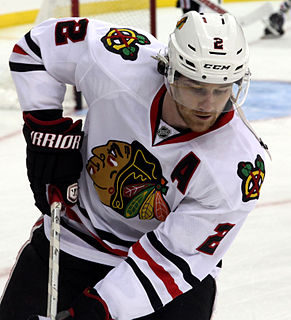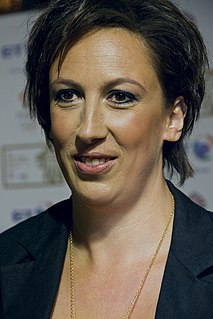A Quote by Sophie Winkleman
18 to 19 is definitely a brilliant age. Equally, 50 or 60 should be good. Everything is done; you can relax a bit.
Related Quotes
People race to achieve everything by a certain age in their life, be it 40, 50 or 60 - but with increasing life spans 50 or 60 might be just the beginning of a new career, or just the point when you begin to get into your stride. There used to be a syndrome of me retiring at 65 and then dying not long after because their life was stripped of meaning, without their work. But these days you may live another 20 or 30 years beyond 65 so you have to figure out where you can make another contribution.
I enjoy the acting, but I didn't plan on that. It fell into my lap, and I'm having a lot of fun with it, but I'm definitely moving towards directing because I'm naturally a writer, and I think a good director edits, writes, and has acted a little bit. He's done a little bit of everything, and that's what I'm trying to do.
We both [with Suzanne Collins ] felt strongly that you wouldn't want to age up the characters, no matter the age of the actors playing the roles. They should be playing the age that they are in the [Hunger Games] books. It would let people off the hook, if you said, "Well, instead of 12 to 18, why don't you make them 18 to 25 or 16 to 21?" If you don't stay true to the horror of the fact that they are 12 to 18, you're not doing justice to the book.
To me, Kane's always been a good guy, a good teammate. I think now he's got a girlfriend. You can tell, he's 24, turning 25, he's not 18 or 19 anymore. It's kind of fun seeing him and Toews get a little bit older, have girlfriends. They're starting to stay in on a Friday night, watch a movie instead.
I think, for a shy person - and I was very shy until my mid-20s - having been to an all-girls' school is not brilliant on the boyfriend front later. Because when I went to university, it was definitely like meeting a new species of people. Suddenly, at age 19, I was thinking: 'Can you speak to these people?' I was very, very nervous.
Nothing that I've turned down do I feel like I should have done. Because I've generated everything I've done, I've never really considered doing something that I haven't originated myself. There are definitely things that I've been brought that someone else made good movies out of. But it's not a path I've followed, so I don't have regret.


